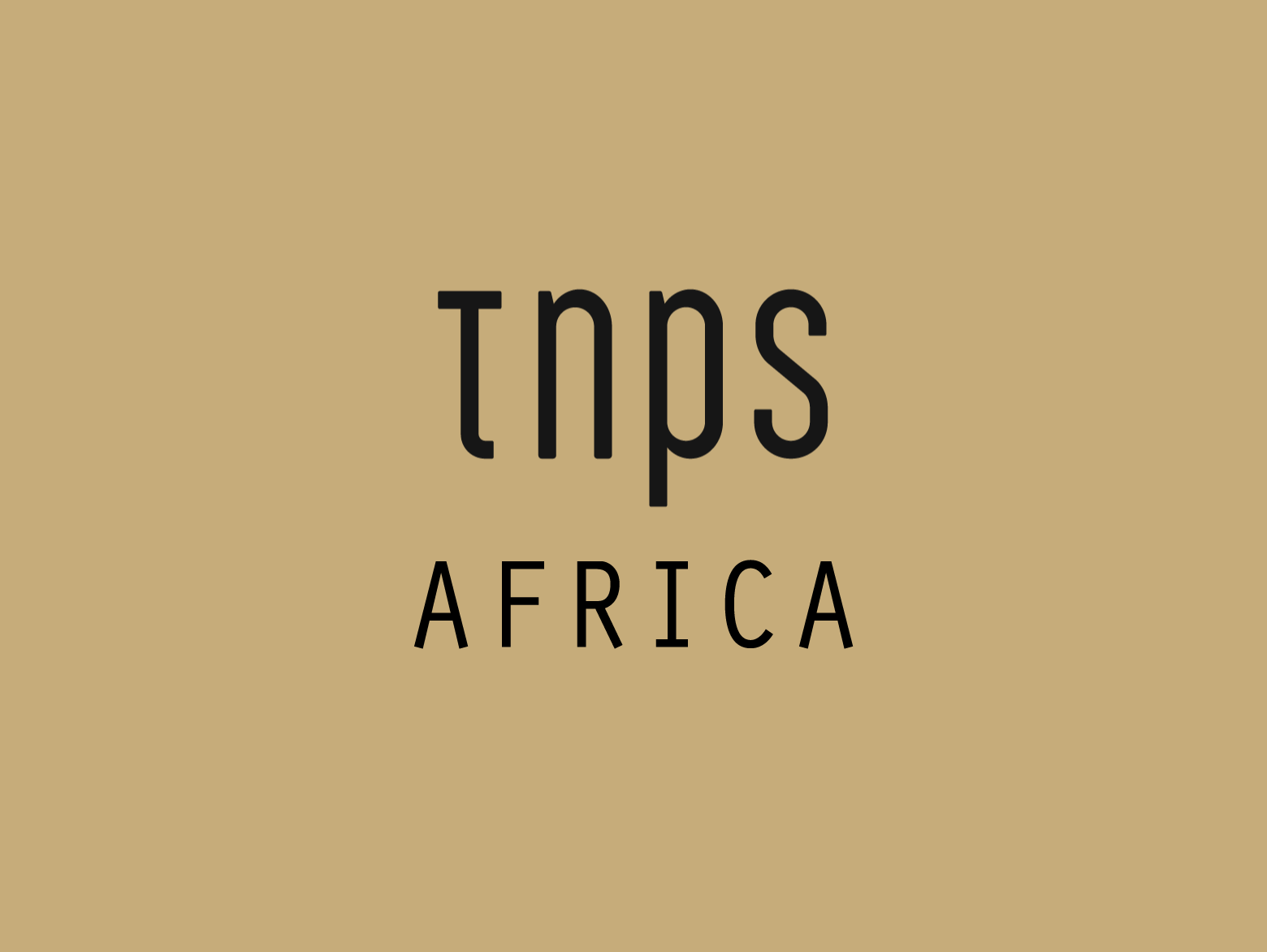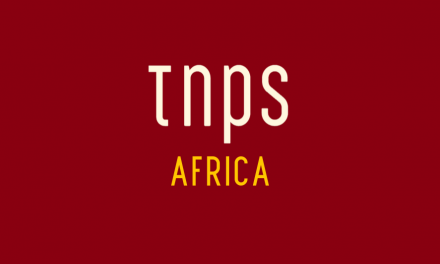Almost everyone here learns Arabic as a second or third language, and often it’s their first written language, but I struggle to find anyone here who sees Arabic as language of the arts.
Across a vast swathe of Africa, Arabic poetry is experiencing a vibrant resurgence, thanks to dedicated forums in Mali, Chad, Guinea, Niger, Nigeria, South Sudan, Benin, and Côte d’Ivoire.
These platforms, supported by institutional partnerships, have reinvigorated the Arabic language and poetic traditions, offering poets visibility, publication opportunities, and cross-cultural dialogue.
A Platform for Diverse Voices
In Mali, the Arabic Poetry Forum has doubled participation, blending emerging and established voices. Dr. Abdelkader Idriss Mega highlights its role in bridging Arab-Islamic heritage with Mali’s African identity, fostering a “rejuvenated cultural scene.”
Similarly, Chad’s forum anticipates over 40 poets in its fourth edition, selected from 200 submissions, showcasing classical Arabic poetry’s enduring appeal.
Guinea’s coordinator, Dr. Kaba Imran, notes the forum’s expansion beyond the capital, empowering poets nationwide.
Meanwhile, Niger’s event combines poetry readings with critical discussions, engaging students and broadening appreciation for Arabic verse.
Cultural Exchange and Innovation
In Nigeria, the forum has spurred poets to experiment with modern styles, while several have published debut collections—a milestone for the country’s Arabic literary scene.
Côte d’Ivoire’s coordinator, Dr. Bamba Issiaka, emphasises the initiative’s cross-border impact, calling it a “model for cultural collaboration.”
South Sudan reports growing public engagement, with workshops and open dialogues deepening ties between poets and audiences.
Likewise Benin, where Dr. Ibrahim Ogboun describes the forum as a “driver of the poetic scene,” uncovering new talent and connecting local voices to the Arab literary world.
A Continent Reconnected
These forums showcase a shared mission: preserving Arabic as a living language while celebrating its adaptability in diverse African contexts. From Bamako to Benin City, poets are reclaiming their craft, supported by platforms that value heritage and innovation alike.
The View From the Beach
For publishing professionals, this movement offers a wealth of untapped voices – proof that Africa’s Arabic poetry is not just surviving, but thriving.
Sharjah24 has an excellent and far more detailed report for those wishing to find out more.
On a personal note, I find it sad that my adopted country, The Gambia, never manages to feature in stories like these.
Almost everyone here learns Arabic as a second or third language, and often it’s their first written language, but I struggle to find anyone here who sees Arabic as language of the arts.
This post first appeared in the TNPS LinkedIn newsfeed.





